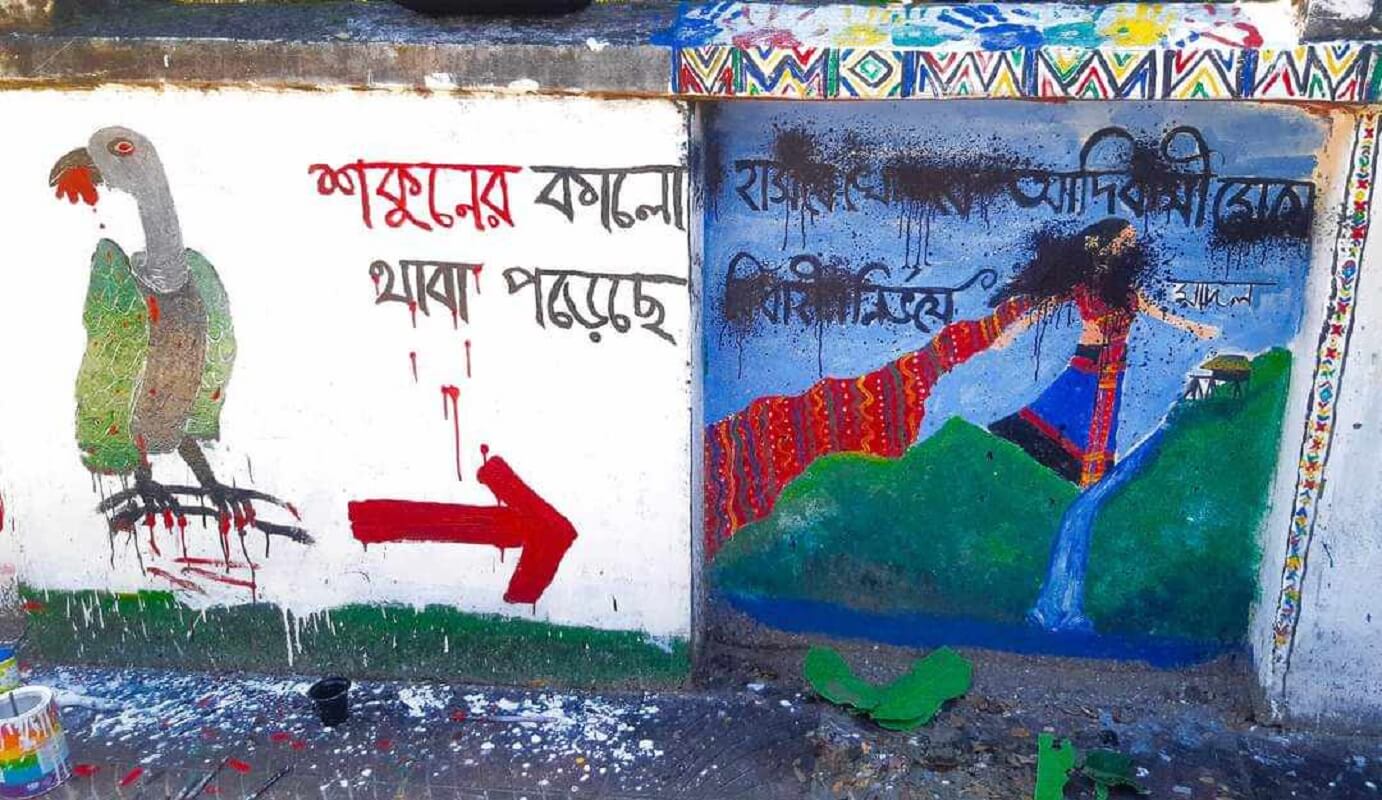Media Silence Persists on Uncomfortable Truths in the CHT
Thain Shewe Kyaw | 06 September 2024
For the last two decades, media outlets have been completely controlled by security and intelligence forces when it comes to publishing reports related to the Chittagong Hill Tracts (CHT). During this period, the term “indigenous” or its Bengali equivalent “আদিবাসী” has never been used in any report. A noticeable fear exists among media houses regarding the publication of uncomfortable truths about the CHT. Even when provided with solid evidence, they have consistently lacked the courage to publish such reports.
On 5 August, Sheikh Hasina fled to India, and her authoritarian regime was toppled in the blink of an eye. Suddenly, media outlets found the courage to expose the corruption and injustices of government officials and Awami League leaders. However, injustices in the CHT, particularly those involving indigenous people as direct victims, remained unaddressed. News on this topic was actively discouraged from being published in the national media, and local reporters and journalists also lacked the courage to cover these stories.
For instance, Michael Chakma, a victim of disappearance, suffered over five years in a secret torture cell run by Bangladesh’s infamous military intelligence. When he reappeared, his story was prominently covered by most national media outlets. Yet, no local press or online media portals reported it.
Several crucial incidents occurred after 5 August. On 15 August, all graffiti containing the words “indigenous” and “Kalpana Chakma Abduction” was painted over with coal tar. The day before, in Khagrachari, a student was picked up by security forces while painting graffiti. On 10 August, a leaked approval letter revealed that a Marma family from Thanchi, Bandarban, was allowed to buy and carry a 50 kg sack of rice for their family. In contrast, from April to the present, no Bawm family in Ruma and Thanchi has been permitted to buy and carry more than a 5 kg sack of rice for their households.
On 16 August, indigenous students held a massive rally against these injustices in Bandarban and Khagrachari. Yet, no national media outlets, print papers (except New Age), or online news portals (except IPNewsbd) covered the event. On the contrary, some online portals ran misleading headlines, such as Kalbela, which reported, "Minority Students Demand ‘Indigenous’ Status."
Journalists in the CHT remain fearful, as there is no true freedom of speech in the region. This same fear persists among national media personnel. It is clear that the issue in the CHT is not merely political. If it were, how could it not only persist but deepen after the fall of Hasina's autocratic regime on 5 August? The belief that the tension in the Chittagong Hill Tracts is purely a political problem is a myth. It has never been just a political issue. It is time to address the core of the matter and identify the groups whose direct and indirect influences continue to exacerbate the problem. The truth is the truth, whether it is comfortable or not—security forces are deeply involved in worsening the situation in the CHT.
Thain Shewe Kyaw is Executive Policy Associate at CGS
Views in this article are author’s own and do not necessarily reflect CGS policy.
